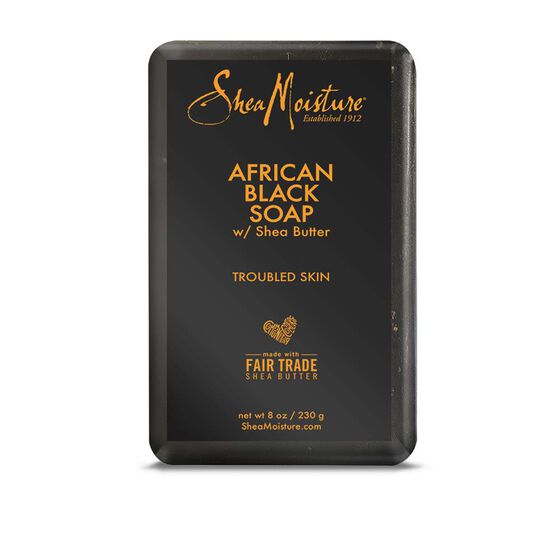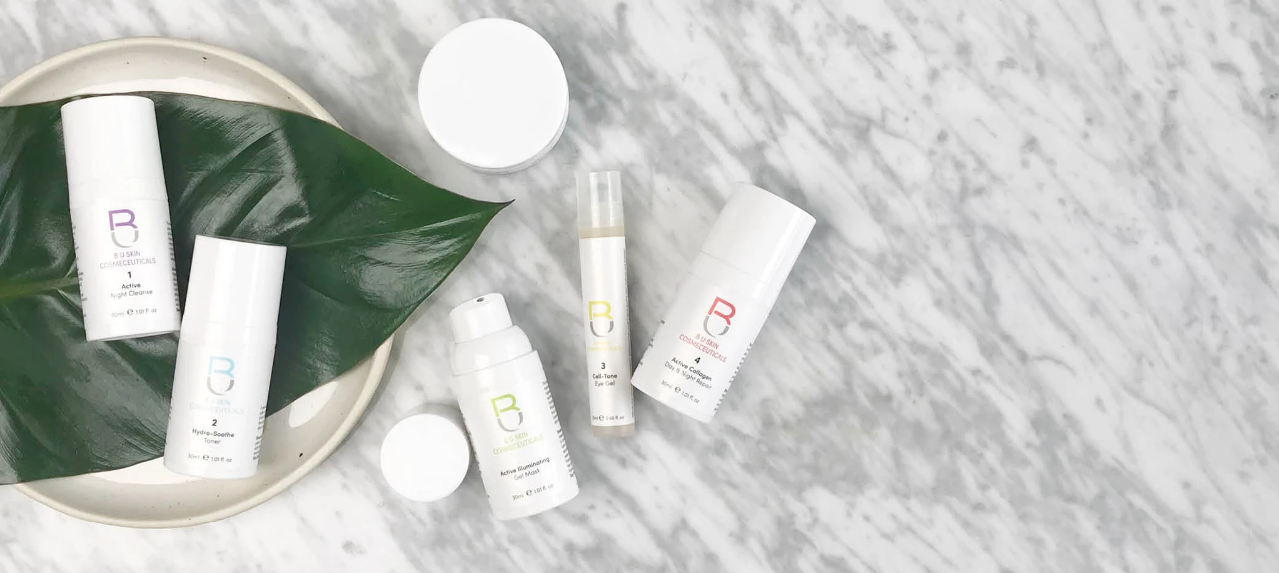When you reheat last night’s leftovers, make sure phthalates are not your main ingredient that is mostly present in plastic products. Now, most of us are aware that certain chemicals used to manufacture various types of plastic are harmful. As if we do not have enough to worry about. In the last few years, studies and research on the chemicals used in making plastic containers and bottles have garnered a tremendous amount of media attention. Even companies that do not typically manufacture “green” products are now offering BPA and phthalate-free or plastic-free products in Canada. It is confusing and a bit scary but one should have to be straight for providing the right details.
Harmful factors that one can face by using plastic products:
Certain types of plastic contain chemicals that are harmful to our endocrine systems. We are all at risk but children, babies and fetuses are particularly vulnerable. Their delicate systems are not fully developed so they are not able to break down chemicals as well. Plastic also compromises our environment. Discarded plastic ends up in our landfills and these chemicals then permeate the ecosystem and find their way back to our homes through our water supply. Chemicals such as phthalates and bisphenol-A also known as BPA are found in food containers, toys, lotion, shampoo, vinyl shower curtains, the lining inside canned food and the list goes on.
Chemicals in these materials leach out into our food and into the environment so we are ingesting and inhaling them. Therefore, there is a strong need to start using plastic-free products in Canada. By the time babies are born they are have already been exposed to hundreds of industrial chemicals, many of which are associated with serious diseases such as childhood cancer, and autism. Each different type of plastic is classified by a number that you will usually find imprinted on the bottom of the container. This number is known as the resin identification code and it serves as a guide to let consumers know which type of plastic it is.
Use products made of other materials other than any kind of plastics:
Because heat causes the plastic to breakdown and emits chemicals, experts advise against heating food in any type of plastic container or putting plastic in the dishwasher. When a product is labelled microwave and dishwasher safe, this means that it would not melt or warp, it is not an affirmation that it would not leach chemicals so it is the best to hand wash plastic, plus, the dishwasher will cause them to breakdown and wear out faster. This also means heating, storing food and packing our children’s lunch in either metal, plastic-free products Canada or glass containers or some of the earth-friendly reusable washable products are better.



